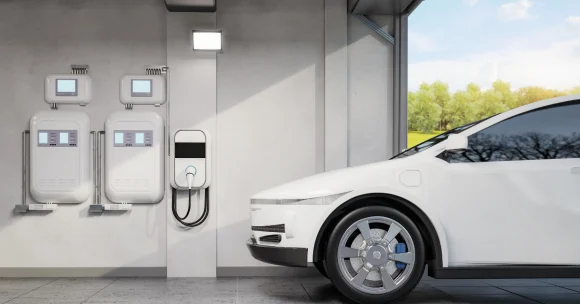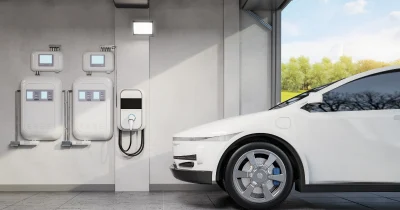As Electric vehicle (EV) sales continue to soar globally, a decline has been noted in Americans’ enthusiasm for switching from gas to climate-friendly alternatives.
What’s driving this shift? And what does it mean for the future of transportation?
A recent Pew Research Center survey found that only three in 10 Americans would even consider purchasing an EV. This is down 9 percentage points from 2023’s dataset. In addition, only 47% believe electric transportation is better for the environment (down from 67% in 2021).
EV sales in the US
Earlier this year, Cox Automotive found that electric vehicle sales during Q1 rose 2.6% year-over-year, but then fell 15.2% compared to Q4 in 2023.
At the time, Cox Automotive director, Stephanie Valdez Streaty, said other brands saw increases, even though “Tesla sales took a hit.” She predicted that “more new products, more incentives, more inventory, and more infrastructure will drive EV sales higher.”
EVs: American sentiment
The Pew Research team asked participants about factors that would determine whether they switch to electric vehicles or stick it out with gas-powered vehicles.
The options included:
- Cost,
- Reliability,
- Driving experience,
- Environmental benefits.
Only 29% of US adults said “somewhat” consider purchasing an electric vehicle, while 57% said “not at all. Of those surveyed, 13% were not planning to buy a new car – neither EV nor gas-powered.
The younger generations – aged between 18 and 49 – were more likely to make the switch, while those above the age of 50 remained skeptical.
EV challenges
The ‘fun factor’ isn’t an issue in the US – 59% said both vehicles are “equally fun to drive.”
But many felt that EVs aren’t reliable. Others were concerned about EV infrastructure. Overall, Americans didn’t seem all that confident that existing EV charging stations would be enough to meet the demand.
In fact, only 13% are “very confident” of the US’s ability to build sufficient EV charging infrastructure, with Republicans notably less confident than Democrats.
And despite the average price of EV continuously dropping – $54,863 in January, $52,314 in February, and in some instances even below $50k – it’s not enough to quell range anxiety.
How can this gap be closed? This is where ‘social learning’ comes into play. But the US government will have to do its part.
NOW READ: How governments can make green tech trendy
About the author
Cheryl has contributed to various international publications, with a fervor for data and technology. She explores the intersection of emerging tech trends with logistics, focusing on how digital innovations are reshaping industries on a global scale. When she's not dissecting the latest developments in AI-driven innovation and digital solutions, Cheryl can be found gaming, kickboxing, or navigating the novel niches of consumer gadgetry.











